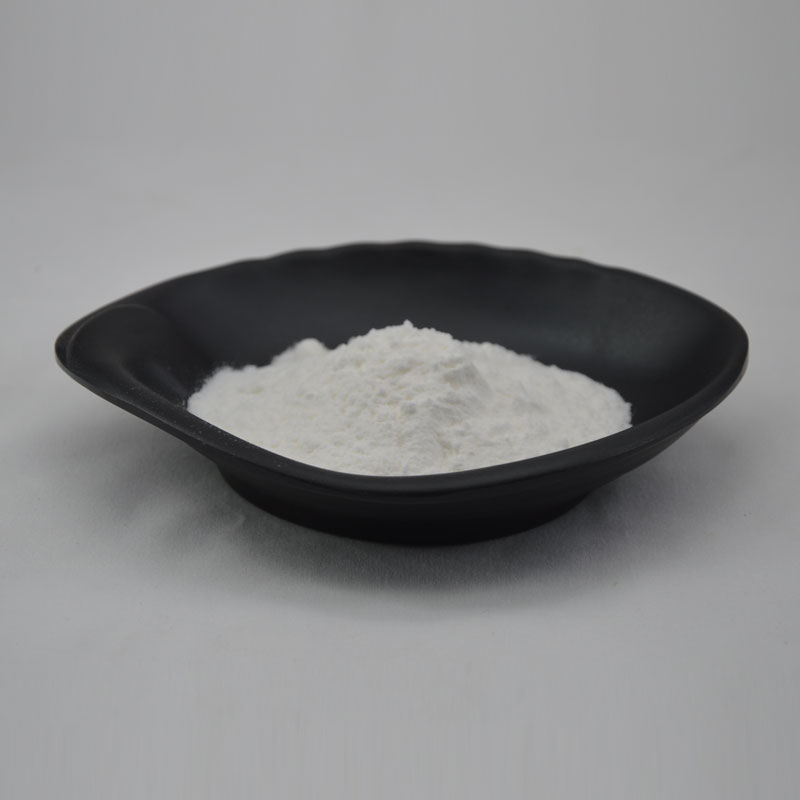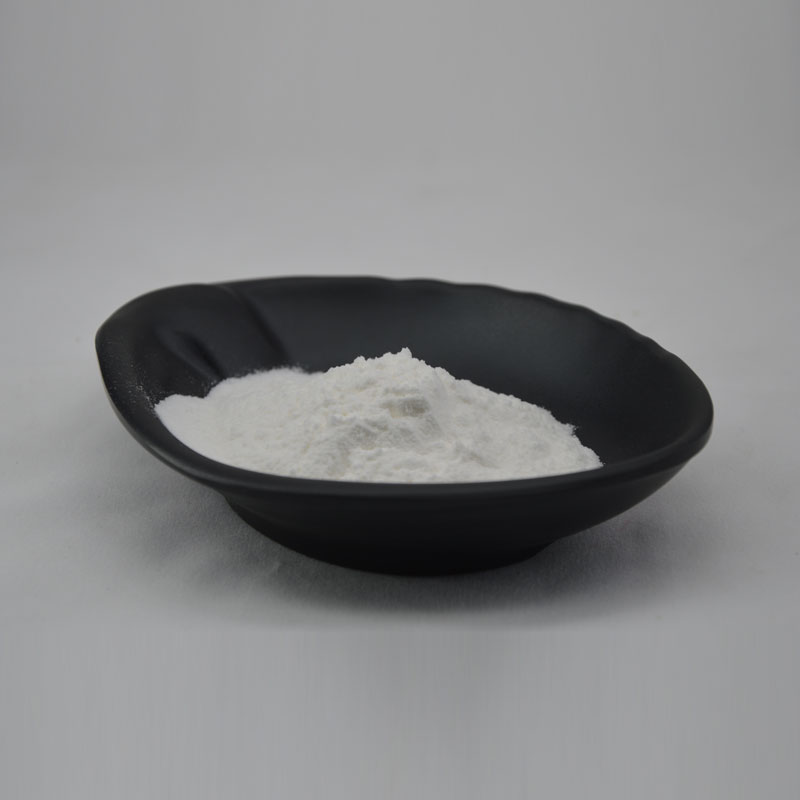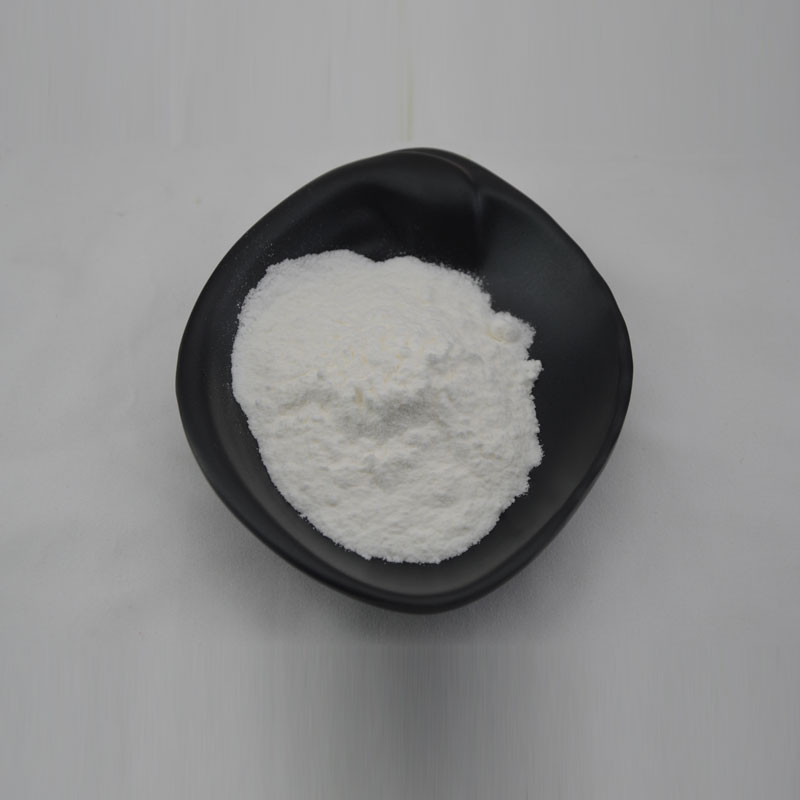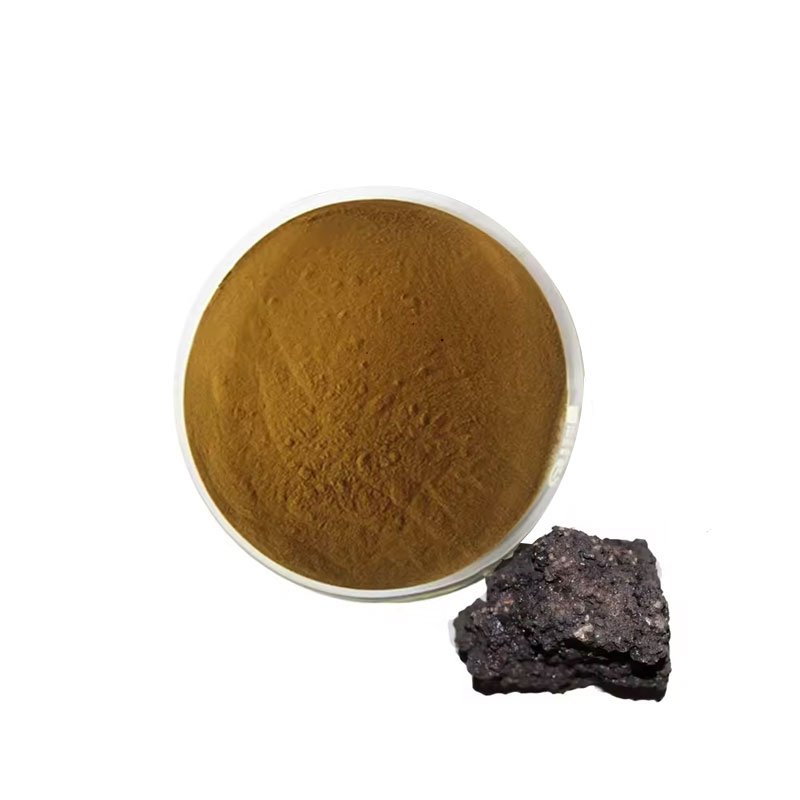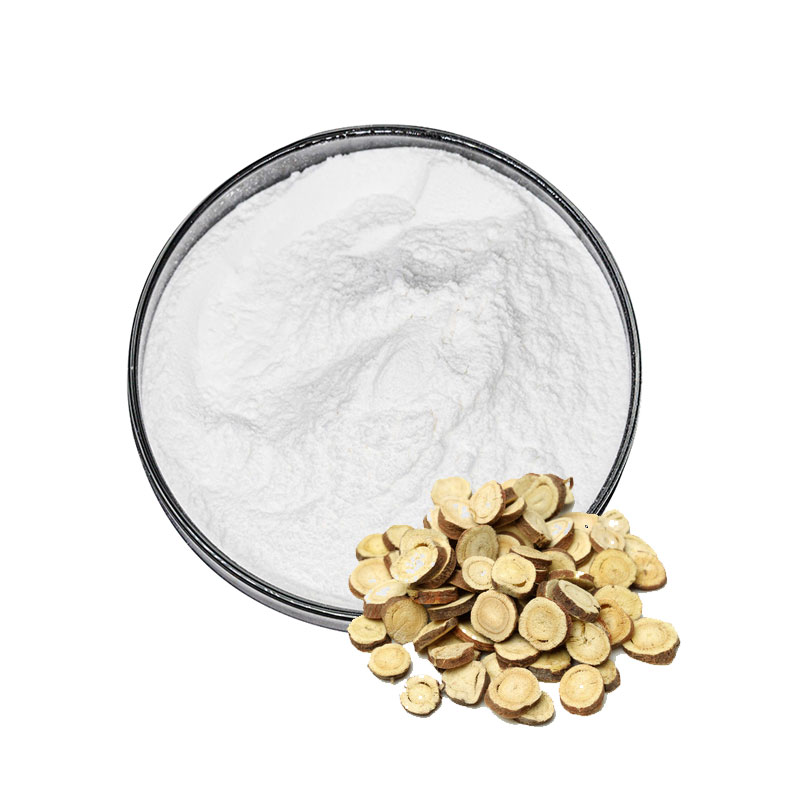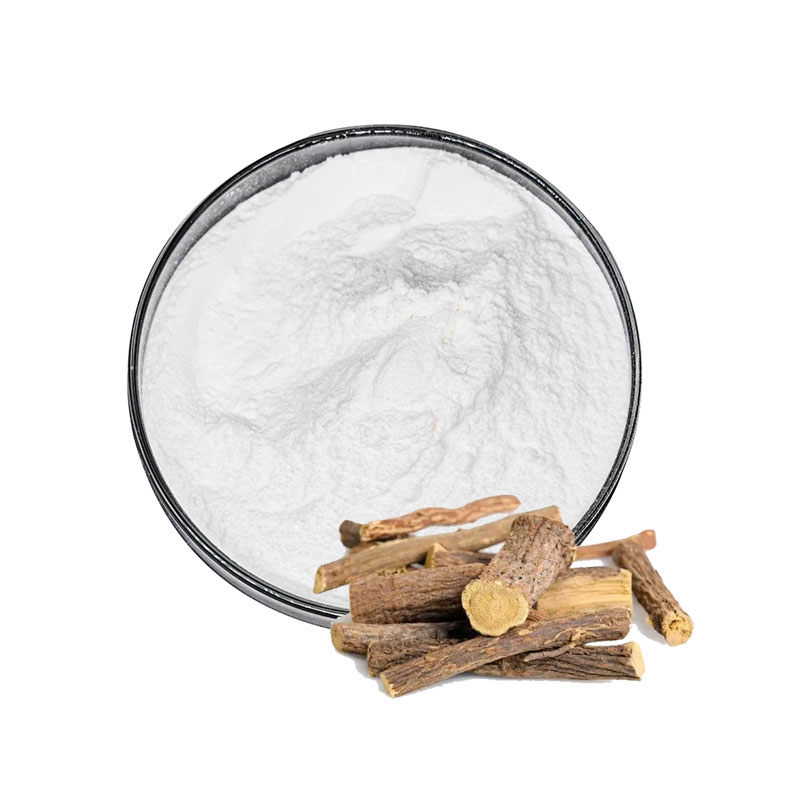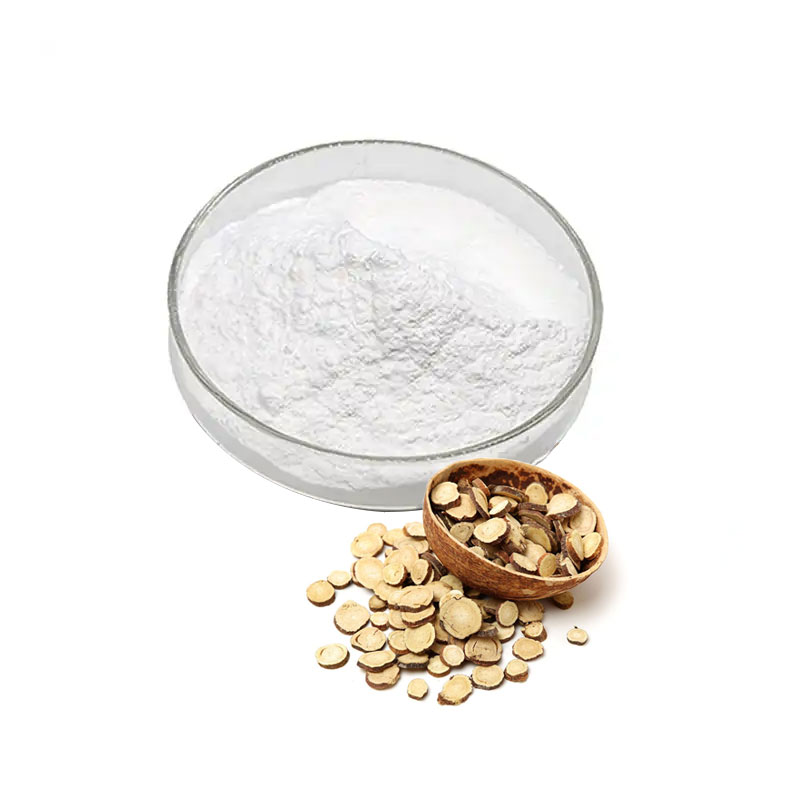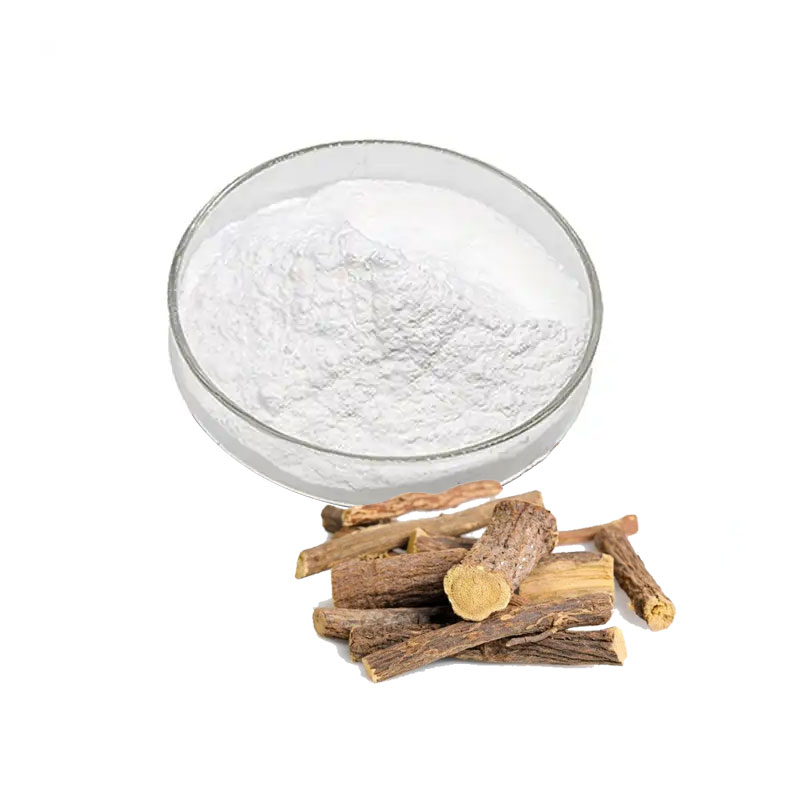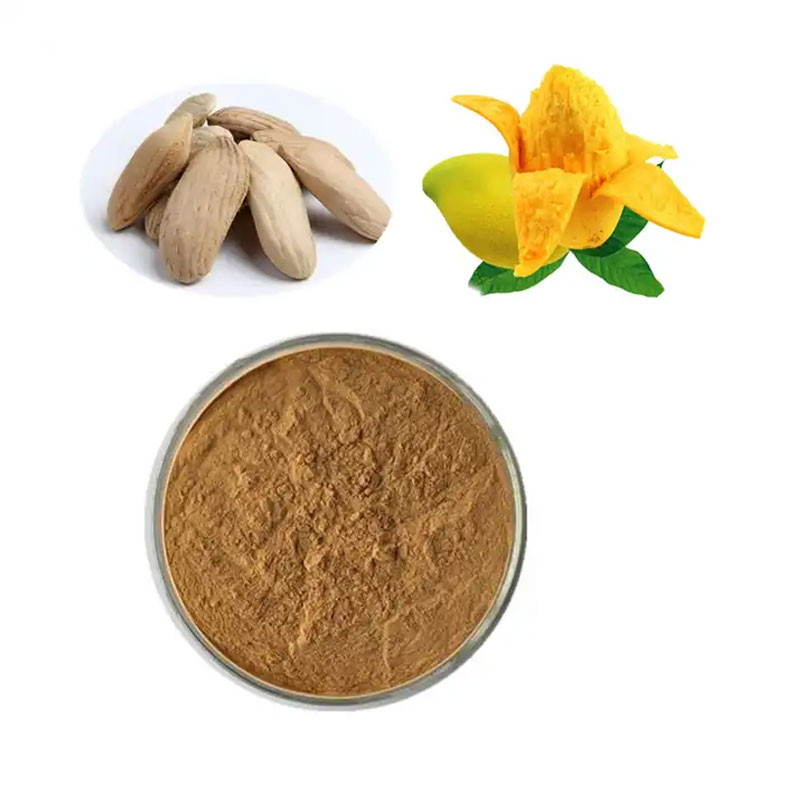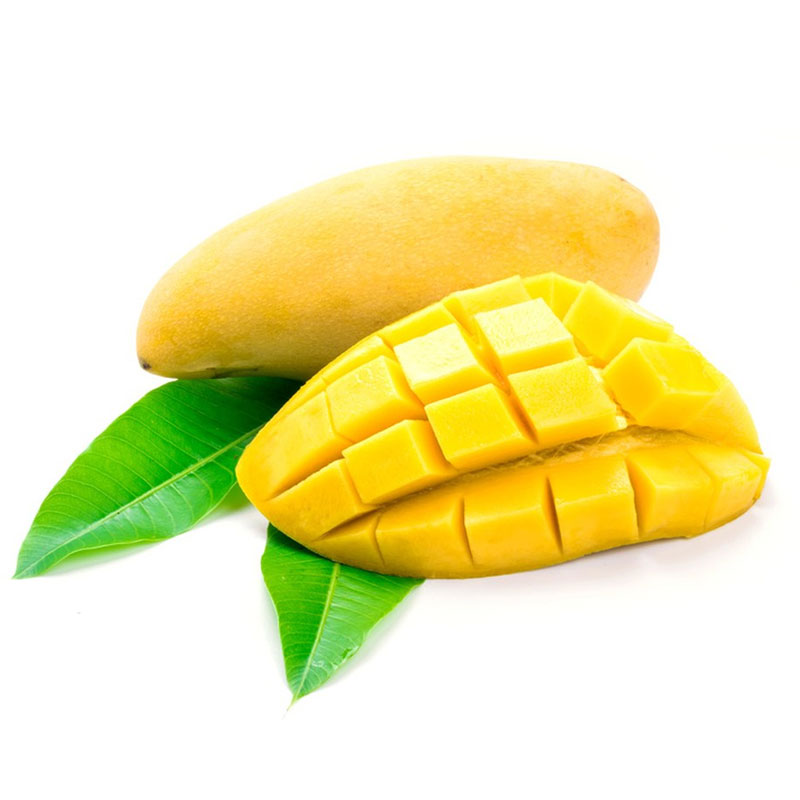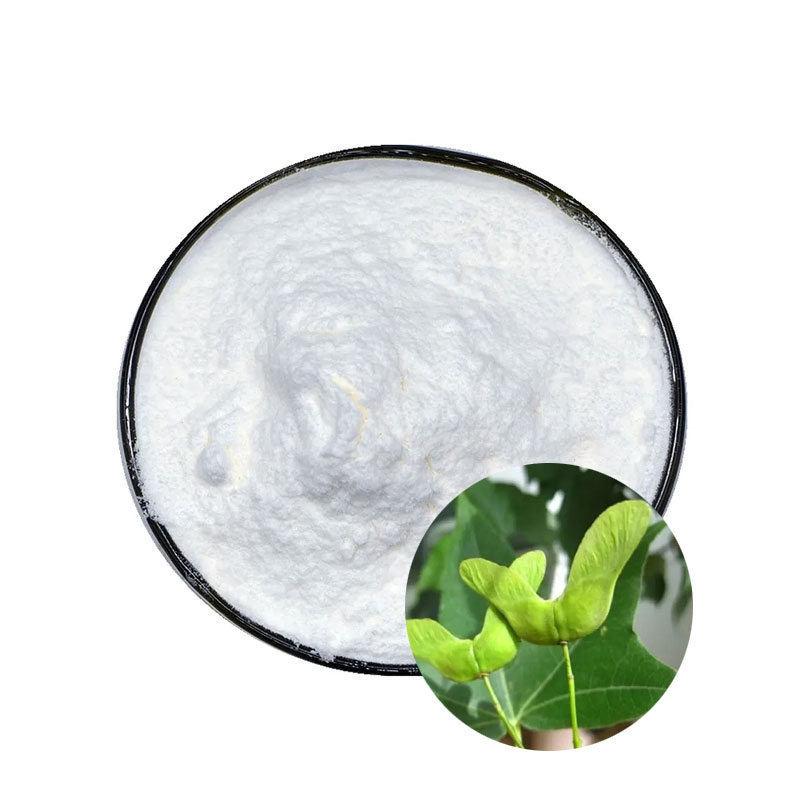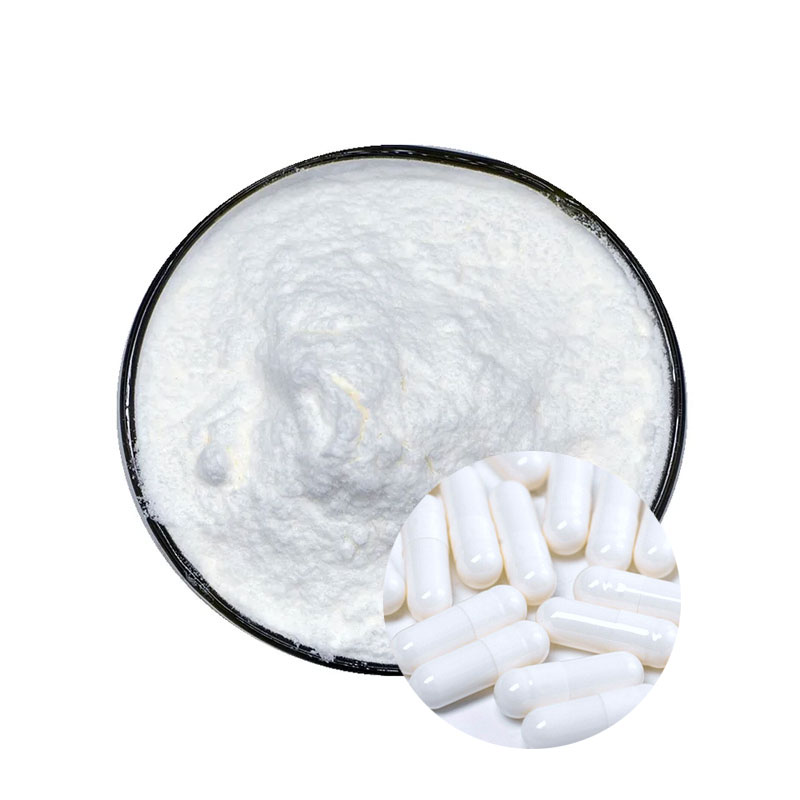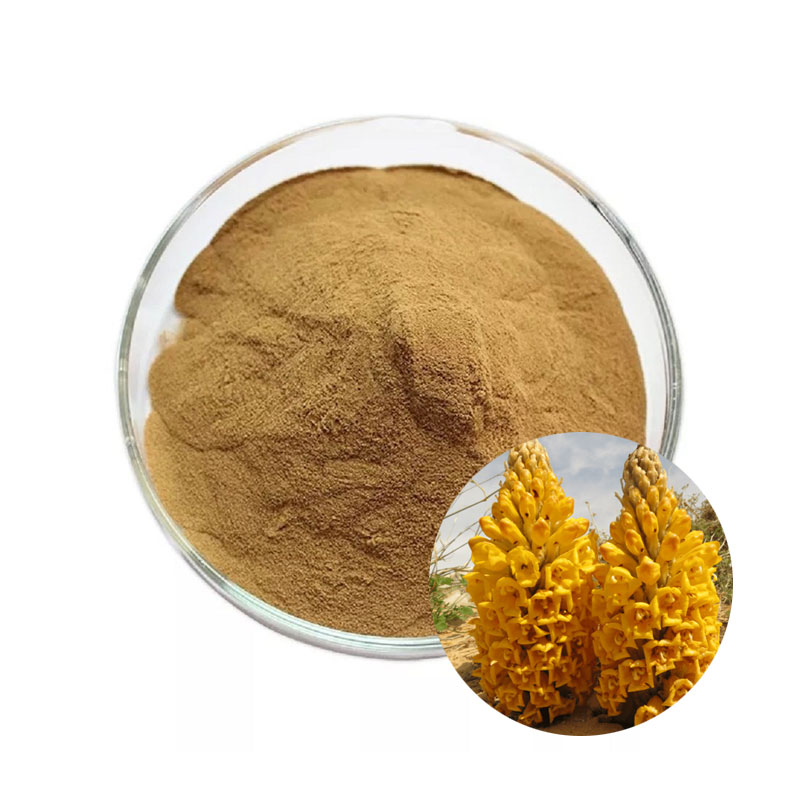Celery Extract Apigenin Powder
- Sample:5-10g Sample For free
- CAS No:520-36-5
- Shelf Life:2 years
- Appearance:light yellow fine powder
- Test Method:HPLC
- Used part:seed
- source:Celery Extract
-
Celery Extract Apigenin Powder Product Description
Apigenin (apigenin), also known as apigenin, apigenin. is a flavonoid. Widely distributed in nature. It mainly exists in Periaceae, Verbena, and Selaginaceae plants, and is widely distributed in vegetables and fruits in warm tropics, especially in celery. A large number of studies at home and abroad have found that apigenin has various biological activities such as anti-tumor, cardiovascular and cerebrovascular protection, anti-virus and antibacterial.
Apigenin Powder Specification
| Product Name | Apigenin |
| CAS No | 520-36-5 |
| Appearance | light yellow fine powder |
| Heavy Metal | ≤20ppm |
| Molecular formula | C15H10O5 |
Apigenin Powder Function
- Apigenin can help ecreases inflammation
- Apigenin may help prevent cancer
- Apigenin has anti-obesity properties
- Apigenin is Neuroprotective
- Apigenin may help mood and brain function
- Apigenin may lower cortisol
- Apigenin can reduces blood sugar levels
- Apigenin can improve bone healing
- Apigenin is helpful for skin
- Apigenin can protect the heart
- Apigenin may promote sleep
Apigenin Powder Sample
- 10g sample for free
- Convenient DHL, FEDEX, UPS and EMS service
What does apigenin do in the brain?
Apigenin Extract anxiolytic effects at high doses by inhibiting NMDA receptors; it also has affinity to GABA-A receptors. Apigenin also exerts potent antioxidant activities by scavenging free radicals and upregulating glutathione levels; it also exerts anti-inflammatory effects
Are chamomile and apigenin the same?
Apigenin can be found in chamomile, which is normally drunk as a tea. It is obtained from the dried flowers of Matricaria chamomilla, an annual herb native to Western Asia and Europe. The plant has also been naturalized and grows wild in Australia and the United States.
What does apigenin do for sleep?
Among all the administered doses of apigenin, 0.6 mg/kg demonstrated a sedative effect (F4.35 = 2.657, p = 0.0490), resulting in a significant increase in the sleeping duration (Fig. 3).
Which foods are high in apigenin?
Apigenin is abundant in a variety of natural sources, including fruits and vegetables. The best sources of apigenin are parsley, chamomile, celery, vine-spinach, artichokes, and oregano, and the richest sources are in the dried forms
Is apigenin good for the brain?
Flavonoid apigenin has potential to treat diseases like schizophrenia, depression, Alzheimer’s and Parkinson’s. Summary: Apigenin, a substance found in parsley, thyme, chamomile and red pepper, improves neuron formation and strengthens the connections between brain cells, new lab research demonstrates.
Does apigenin help with anxiety?
Apigenin exhibited significant anxiolytic activity at a dose of 2 mg/kg, p.o., in mice using elevated plus maze model of anxiety. It is concluded that apigenin is responsible for anxiolytic effects of this traditionally used plant.
What are the health benefits of apigenin?
Apigenin may induce muscle relaxation and sedation depending on the dose [117], and it is also active as an antioxidant, anti-inflammatory, anti-amyloidogenic, neuroprotective, and cognition-enhancing substance with interesting potential in the treatment/prevention of Alzheimer’s disease.
What are the uses of Apigenin ?
Apigenin has been used as a traditional medicine for centuries because of its physiological functions as an antioxidant and anti-inflammatory, its role in lowering blood pressure, and its antibacterial and antiviral properties
- Previous Article: Fisetin powder Manufacturers &supplier
- Next Article: Sophora japonicus extract Genistein

